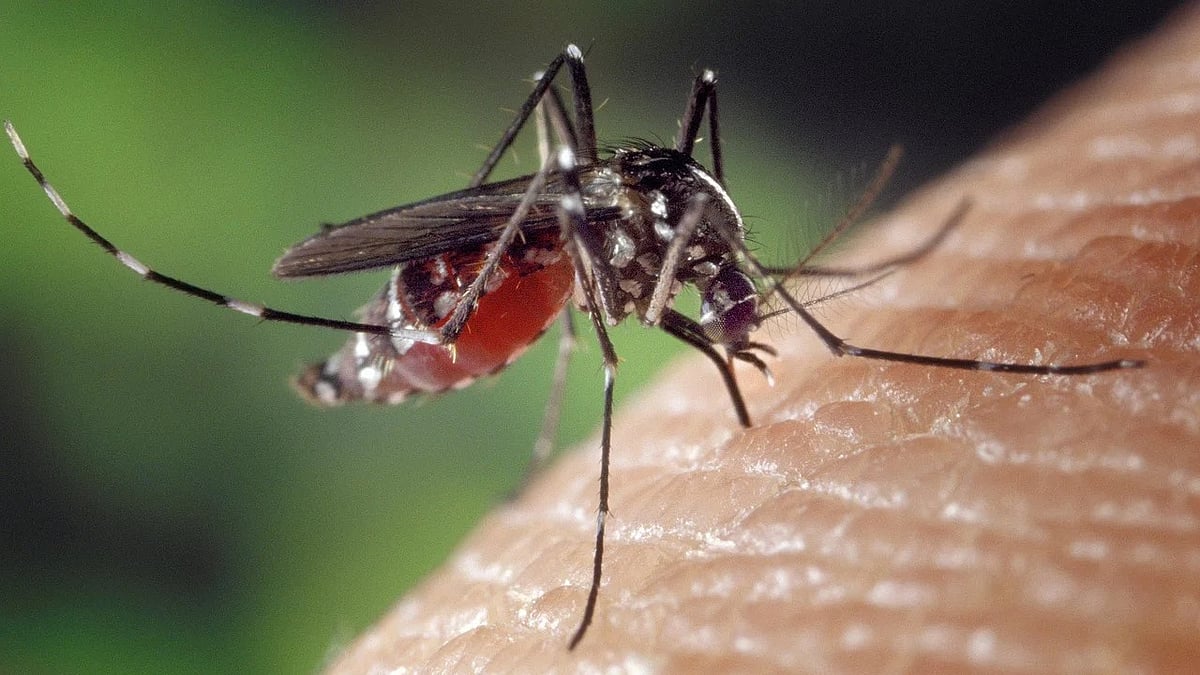Mumbai: The state is witnessing a worrying surge in mosquito-borne diseases such as malaria, dengue, and chikungunya. According to official data, as many as 17,281 people have been infected in the past seven months, averaging 82 new cases every day.
Sharp Rise in Malaria and Chikungunya
Health Department statistics show a sharp rise in malaria and chikungunya cases compared to last year. By July 2024, the state had reported 9,874 malaria cases, whereas this year the number has already reached 11,425—a 16% increase. Similarly, chikungunya cases have risen from 1,189 last year to 1,512 this year, marking a 27% jump.
Dengue Cases Decline Slightly
Dengue cases, however, have shown a slight decline. In the past seven months, 4,344 dengue cases were reported, fewer than the corresponding period last year.
Urban and Rural Areas Equally Affected
Health officials said both urban and rural areas are affected. To curb the spread, authorities are conducting cleaning drives at waterlogged sites, launching public awareness campaigns, and carrying out fever screenings. Suspected patients are being tested promptly, and confirmed cases are given immediate treatment.
Irregular Rainfall Fuelling Breeding Grounds
Experts point out that intermittent rainfall this year has worsened the problem. Unlike continuous rain that washes away larvae, scattered showers are leading to water accumulation in discarded bottles, tyres, and plastic sheets, creating perfect breeding grounds for mosquitoes.
Traditionally, mosquito-borne disease cases peak in September and October, but this year, the spike has begun much earlier, raising concerns for public health authorities.
Public Advised to Stay Alert
The department has appealed to people to seek medical care immediately if they develop fever with chills, body aches, or joint pain—common indicators of mosquito-borne illnesses.
Mosquitoes Thrive in Stagnant Water
Malaria is caused by the bite of the female Anopheles mosquito, which transmits the Plasmodium parasite, while chikungunya is spread by Aedes aegypti and Aedes albopictus mosquitoes that carry the chikungunya virus. Both species thrive in clean, stagnant water, making unchecked breeding grounds a major public health concern. .
Also Watch:
Prevention Remains the Key Strategy
To curb the spread, officials stress that prevention remains the most effective strategy. Citizens are being urged to keep their surroundings clean, prevent water from collecting in open containers, tyres, or scrap materials, and ensure that stored water in drums or tanks is properly covered. The use of mosquito nets and repellents is also being strongly advised to reduce the risk of infection.







